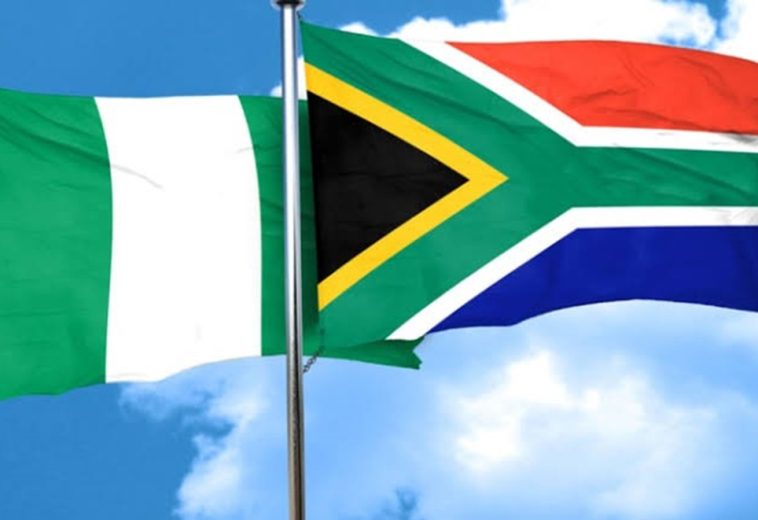Water is the essence of life—essential for sustaining humanity, driving economies, and nourishing ecosystems. Yet, beneath its surface, a silent crisis is unfolding; a global challenge that demands action. Water pollution, a pervasive and often overlooked threat, is eroding the health of our planet and its people. From industrialised cities in the United States and the United Kingdom to rural communities in Africa, water contamination is escalating, with dire consequences that demand immediate action.
In the United States, water pollution is closer to home than many realise. Over 97 million Americans consume drinking water containing harmful, unregulated chemicals, many of which are inadequately addressed by current policies. The Anacostia River in Washington, D.C., has endured over 150 years of industrial pollution, symbolising a nationwide problem affecting waterways from the Great Lakes to the Pacific Ocean. Contaminants from industrial waste, agricultural runoff, and chemical spills continue to infiltrate water systems due to insufficient regulation and enforcement, placing countless communities at risk.
The United Kingdom faces similar challenges. Despite its reputation for strong environmental policies, water pollution remains a significant issue. Agricultural runoff, untreated sewage, and chemical pollutants plague the country’s rivers, once the backbone of its industrial growth. In 2020, nearly 40% of UK rivers were classified as being in poor ecological health, according to the Environment Agency. Outdated infrastructure and underinvestment in wastewater treatment exacerbate the problem, leading to the discharge of millions of litres of untreated sewage annually. This pollution threatens public health and biodiversity, pushing species such as fish and aquatic insects toward extinction.
Across Africa, the water crisis is even more severe. Over 500 million people live in water-insecure regions, where access to clean water is a luxury rather than a basic right. Rivers and streams, vital for families and farmers, are increasingly contaminated with untreated sewage and industrial waste. This pollution not only jeopardises human health but also disrupts agricultural productivity and biodiversity. In rural areas, waterborne diseases like cholera and typhoid remain rampant, while urban centers struggle with poor waste management. In Nigeria, oil spills have devastated ecosystems, rendering water sources undrinkable and creating ecological dead zones.
The causes of water pollution are diverse and interconnected. Industrial facilities discharge untreated waste into rivers and lakes, while agriculture contributes to nutrient-laden runoff from fertilisers, pesticides, and animal waste. This runoff fuels algal blooms, depleting oxygen in the water and creating “dead zones” inhospitable to aquatic life. Compounding the problem is the growing threat of plastic pollution. Each year, millions of tonnes of plastic enter waterways, breaking down into microplastics that infiltrate ecosystems and even human bodies. These particles have been found in oceans, rivers, and drinking water, raising concerns about their long-term health and environmental impacts.
Despite these challenges, solutions are within reach. Technological innovations are providing new ways to combat water pollution. For instance, floating treatment wetlands in Nepal are effectively removing heavy metals and nitrates from lakes using low-cost, locally sourced materials. Such initiatives could be adapted for resource-constrained regions like Africa, where affordability and simplicity are key.
In the United States, progress is being made to address persistent pollutants like PFAS—dubbed “forever chemicals” for their resistance to degradation. Advanced filtration technologies and stricter regulations, such as the Environmental Protection Agency’s new PFAS limits in drinking water, represent steps forward. However, success depends on robust enforcement and equitable funding to ensure these solutions reach vulnerable communities.
In the UK, public awareness and political will are crucial to reversing the damage to waterways. Momentum is growing for initiatives to reduce single-use plastics and upgrade sewage treatment infrastructure. With sustained investment and time, improved wastewater systems and sustainable agricultural practices could mitigate the pollution crisis.
Global collaboration is essential. International agreements, such as a treaty on plastic pollution, could lead to meaningful reductions in plastic production and the elimination of harmful additives. Since water pollution transcends borders, collective efforts are crucial to addressing its impacts downstream.
Leadership at all levels is pivotal. Political leaders in Africa, for example, have the opportunity to prioritise water security by investing in wastewater treatment plants, supporting community clean-up efforts, and fostering public-private partnerships. Similarly, public education campaigns can empower communities to adopt sustainable practices and safeguard water resources.
The global water pollution crisis is a shared challenge, transcending borders and cultures. While the severity of its impacts varies, the message is clear: water, the lifeblood of our planet, is under threat. Addressing this crisis requires a multifaceted approach that blends innovation, regulation, and community engagement. With collective effort and unwavering commitment, we can turn the tide against water pollution, ensuring a healthier and more sustainable future for generations to come.
Dr. Joshua Rufus Abadi is a renowned environmental engineer specializing in water contamination. He has provided consultancy on oil spills in Nigeria and has spearheaded the EU WasClean project. Additionally, he collaborates with the University of Southampton and the University of Brighton, and leads environmental initiatives for Inspired Grace Healthcare.



